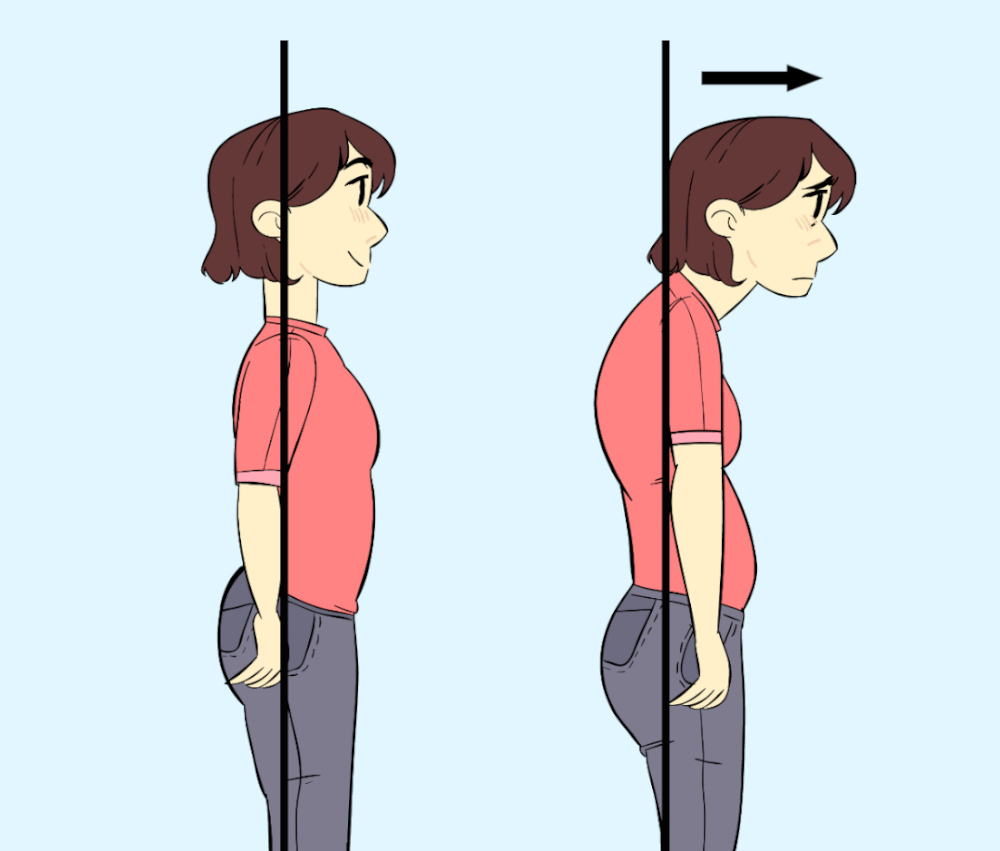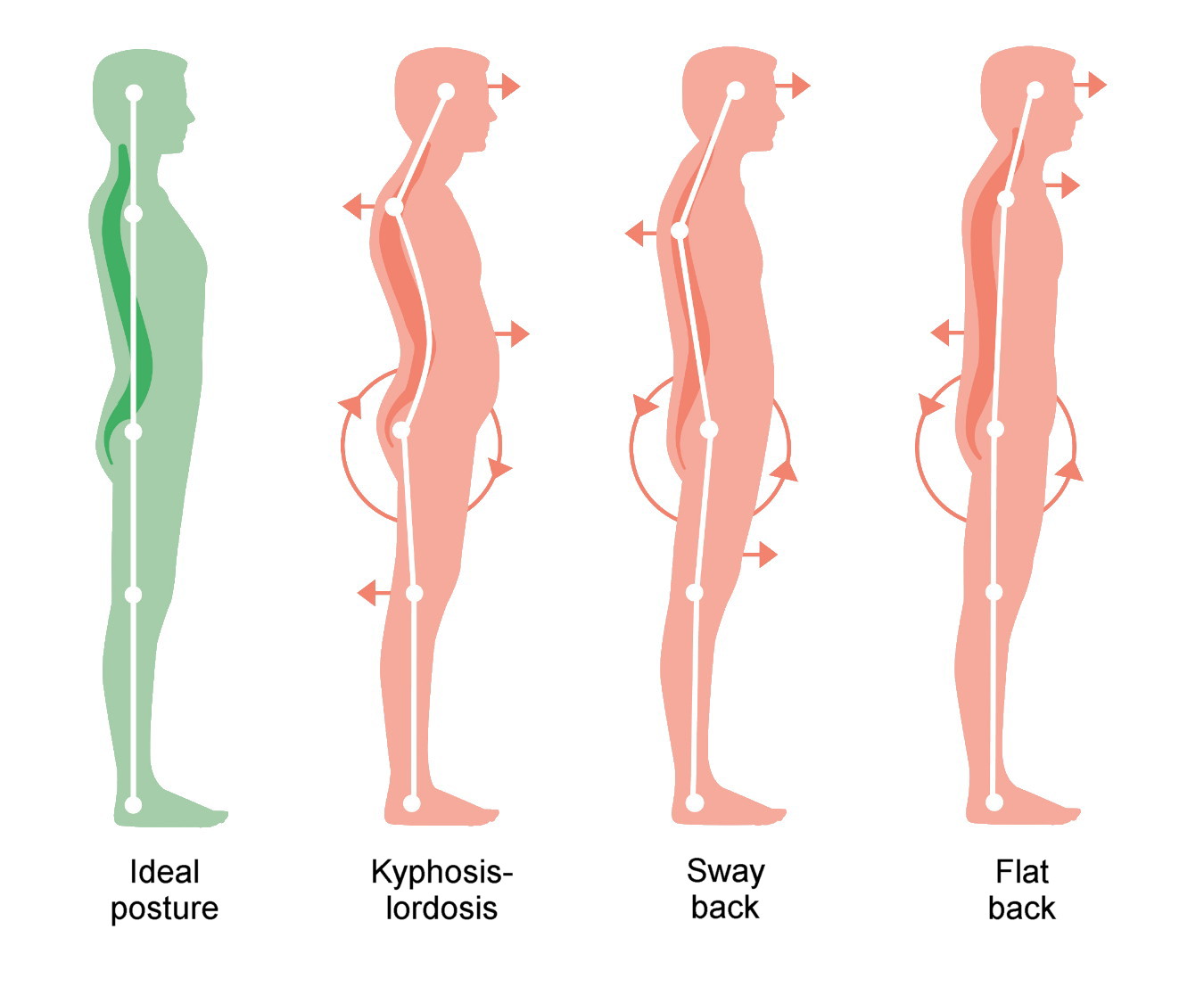Back
Understanding the Connection: How Neck Weakness Affects the Pelvic Floor
By Shannon Strauch, PTA, STMT-1 on 3/29/2024

In our daily lives, we often overlook the intricate connections within our bodies. One such connection that may surprise many is the link between neck weakness and pelvic floor health. While these two areas may seem unrelated at first glance, they are actually closely interconnected through the complex network of muscles and nerves in our bodies.
The Anatomy of the Connection
To understand how neck weakness can impact the pelvic floor, it's essential to delve into the anatomy involved. The neck, or cervical spine, is a vital part of the body's structural support system. It houses the spinal cord, which serves as the communication highway between the brain and the rest of the body. Muscles in the neck, such as the trapezius and sternocleidomastoid, play a crucial role in supporting head movements and posture.On the other hand, the pelvic floor consists of a group of muscles and connective tissues located at the base of the pelvis. These muscles support organs such as the bladder, uterus, and rectum, and play a crucial role in bowel and bladder control, sexual function, and overall core stability.
The Impact of Neck Weakness on Pelvic Floor Function
When there is weakness or dysfunction in the neck muscles, it can lead to a cascade of effects that impact the pelvic floor. Here are some key ways in which neck weakness can affect pelvic floor function:
Postural Alignment:
The neck muscles are essential for maintaining proper posture. When these muscles are weak, it can lead to forward head posture or slouching, which in turn can affect the alignment of the spine and pelvis. Poor postural alignment can put undue pressure on the pelvic floor muscles, leading to issues such as pelvic floor dysfunction.Breathing Patterns:
Neck weakness can also influence breathing patterns. Shallow breathing, often seen in individuals with neck issues, can contribute to increased intra-abdominal pressure. This pressure can impact the pelvic floor muscles, potentially leading to issues like pelvic organ prolapse or urinary incontinence.Nerve Impingement:
In some cases, neck weakness may be due to nerve impingement or compression in the cervical spine. This can result in altered nerve signaling to the pelvic floor muscles, affecting their coordination and function.Muscle Imbalances:
Weakness in the neck muscles can create muscle imbalances throughout the body. These imbalances can affect the entire kinetic chain, including the pelvic floor muscles. For example, tightness in certain muscles due to compensatory mechanisms can lead to pelvic floor tension or dysfunction.
Addressing the Connection
Recognizing the link between neck weakness and pelvic floor health is the first step in addressing potential issues. Here are some strategies that can help improve both areas:
Postural Awareness:
Practicing good posture can relieve strain on the neck and pelvis. Focus on keeping the head aligned with the spine and avoiding slouching or forward head posture.Neck Strengthening Exercises:
Incorporate exercises targeting the neck muscles, such as neck retractions, chin tucks, and shoulder blade squeezes. Strengthening these muscles can improve posture and reduce strain on the pelvic floor.Breathing Techniques:
Learn and practice diaphragmatic breathing techniques to promote proper breathing patterns and reduce intra-abdominal pressure.Core Stability Training:
Engage in exercises that strengthen the core muscles, including the pelvic floor. Pilates, yoga, and specific pelvic floor exercises can help improve overall stability and function.Seek Professional Guidance:
If you experience persistent neck weakness or pelvic floor issues, consult with healthcare professionals such as a pelvic floor specialists. They can provide personalized assessments and treatment plans to address your specific needs.
By understanding the intricate connection between neck weakness and pelvic floor function, you can take proactive steps to improve your overall musculoskeletal health and well-being. Remember that small changes in posture, exercise habits, and lifestyle can make a significant difference in optimizing both areas of your body.
Read More:
How Chronic Pelvic Congestion in Men Contributes to Prostatitis By Shannon Strauch, PTA, STMT-1 on 12/11/2024 How lymphatic issues can cause symptoms of prostatitis Prostatitis and Tight Pelvic Floor Muscles: A Comprehensive Guide By Shannon Strauch, PTA, STMT-1 on 12/10/2024 How a tight pelvic floor can be the reason for prostatitis symptoms
Are you ready to live pain free?
Request An Appointment